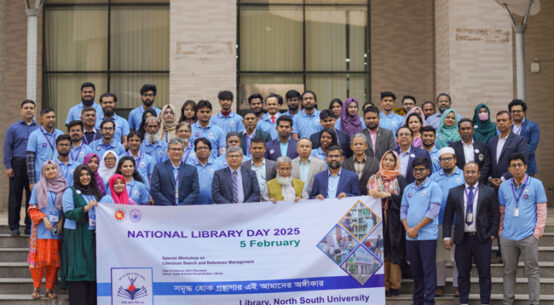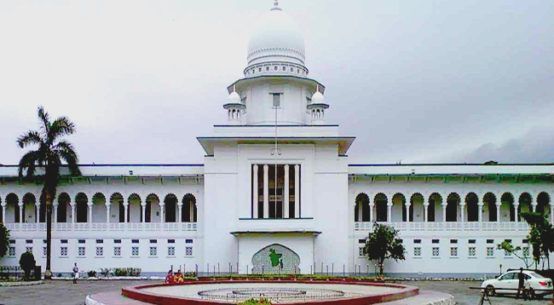In light of the economic challenges facing Bangladesh, particularly with rising inflation, health experts and anti-tobacco advocates have proposed a significant increase in the price of low-tier cigarettes to curb smoking rates and increase government revenue. This recommendation comes at a crucial time as Bangladesh grapples with economic adjustments and aims to improve public health outcomes.
Stakeholders including public health experts, journalists, and members of the Bangladesh Anti-Tobacco Alliance have emphasised the need for raising prices during the 2024-25 fiscal year on low-tier cigarettes, which currently account for 80% of the market. They argue that an increase in prices could not only reduce the number of smokers but also significantly enhance the country’s revenue intake.
A recent report by the World Bank highlights high inflation as the most pressing challenge to Bangladesh’s economy, projecting a decrease in GDP growth from 5.8% last fiscal year to 5.6% in the current fiscal year. The report underscores the necessity for policy reforms to prevent further economic weaknesses.
Research from global health organisations, the World Bank, and the University of Illinois at Chicago, as well as local bodies such as the Bangladesh Economists for Effective Tobacco Taxation (BEETT), consistently shows that raising the cost of tobacco products is an effective method to reduce tobacco use. Last year, a modest price increase of Tk5 per pack of low-tier cigarettes resulted in an approximate revenue boost of Tk2,500 crore.
Experts argue that raising the retail prices of cigarettes by an additional Tk10 to Tk15 per pack would not only benefit economic sectors by increasing revenue but also help alleviate the burden of smoking on poorer populations. If the upcoming budget does not reflect an adequate price hike, both the goal of a smoke-free Bangladesh and potential revenue channels may face significant risks.
At a recent press conference held at the National Press Club, the National Heart Foundation of Bangladesh and the Platform Doctors’ Foundation called for a substantial increase, suggesting that each The price of each 10-stick packet of lower-tier cigarettes will increase by TK15, then the price of this tier will be TK60. They pointed out that similar measures have successfully reduced smoking rates in other countries.
As Bangladesh continues its fight against tobacco consumption, increasing the cost of low-tier cigarettes remains a pivotal strategy not only for enhancing public health but also for ensuring fiscal stability in challenging economic times, experts believe.


